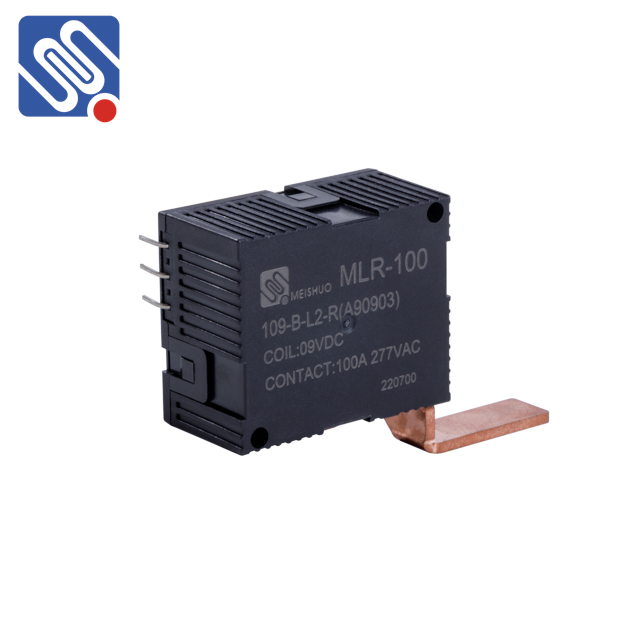understanding relay parameters: key factors for reliable electrical control
Release time:2025-11-10 22:40:20
Relays are essential components in modern electrical systems, serving as switches that control the flow of electricity in various applications, from industrial automation to home appliances. The efficiency, reliability, and longevity of a relay depend significantly on its parameters. Understanding these relay parameters is crucial when selecting the appropriate relay for a specific application. This article explores the key relay parameters that determine their functionality, performance, and overall effectiveness.

1. Rated Voltage and Coil Voltage The rated voltage refers to the maximum voltage that a relay can handle across its contacts without causing damage or failure. This parameter is essential because exceeding the rated voltage can lead to overheating, arcing, or even permanent damage to the relay’s contacts. The coil voltage, on the other hand, refers to the voltage required to energize the relay's coil and activate the switching mechanism. Different relays operate at different voltages, typically ranging from 5V to 240V or more. The coil voltage is a critical factor in ensuring that the relay operates correctly with the available power supply. If the coil voltage is too low, the relay will not activate, while a voltage that is too high could overheat the coil and cause premature failure.

